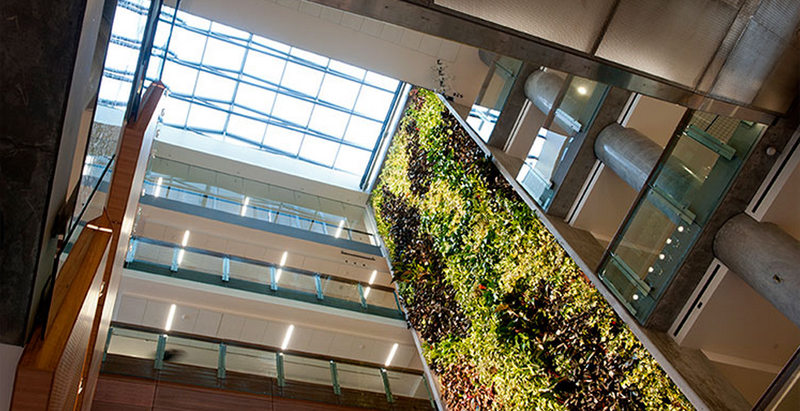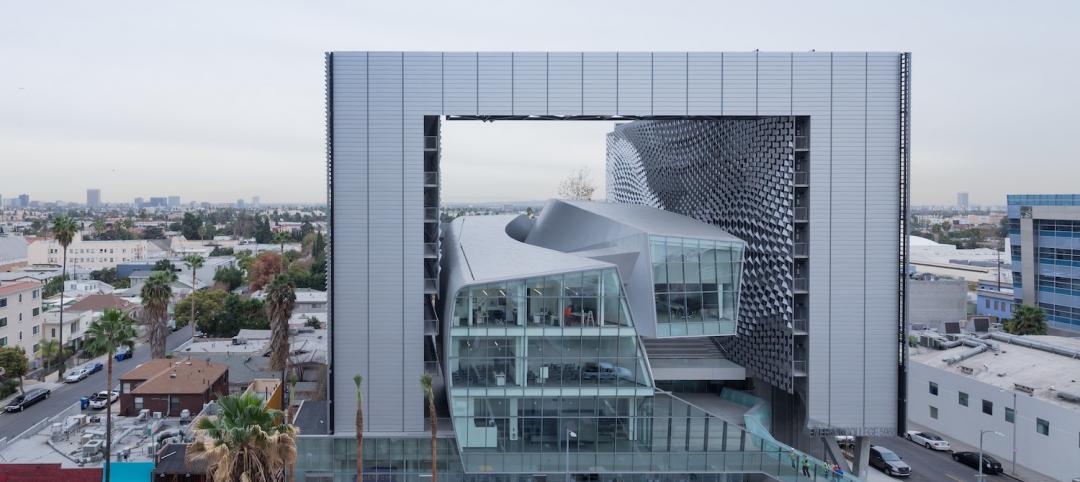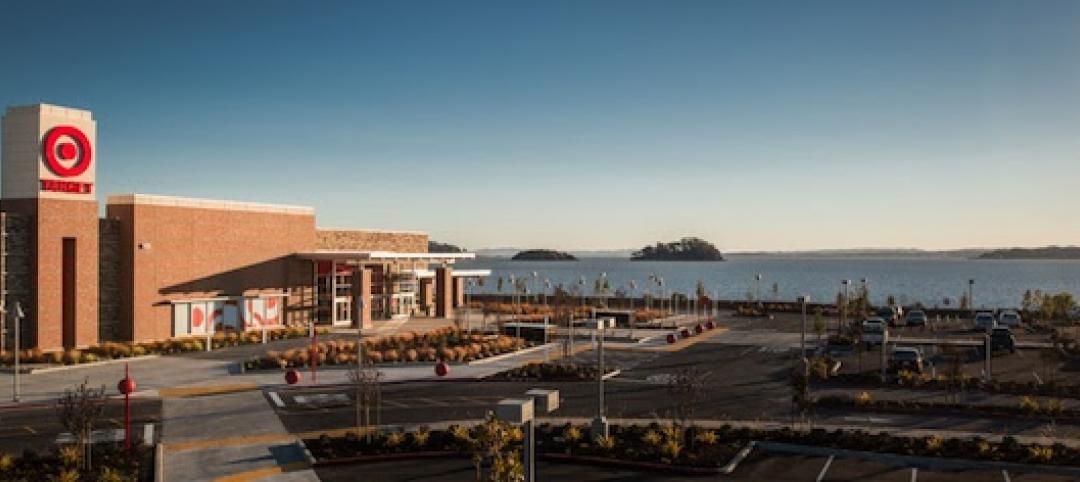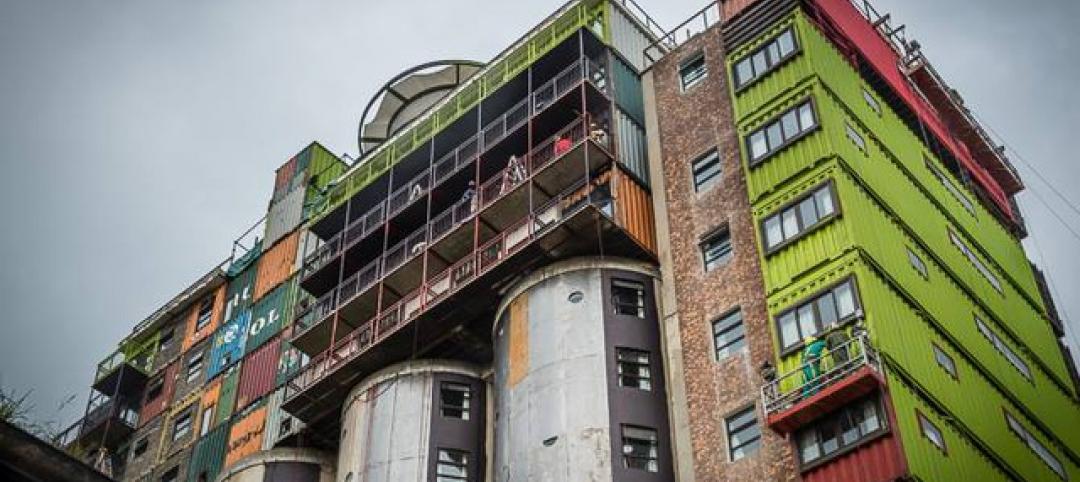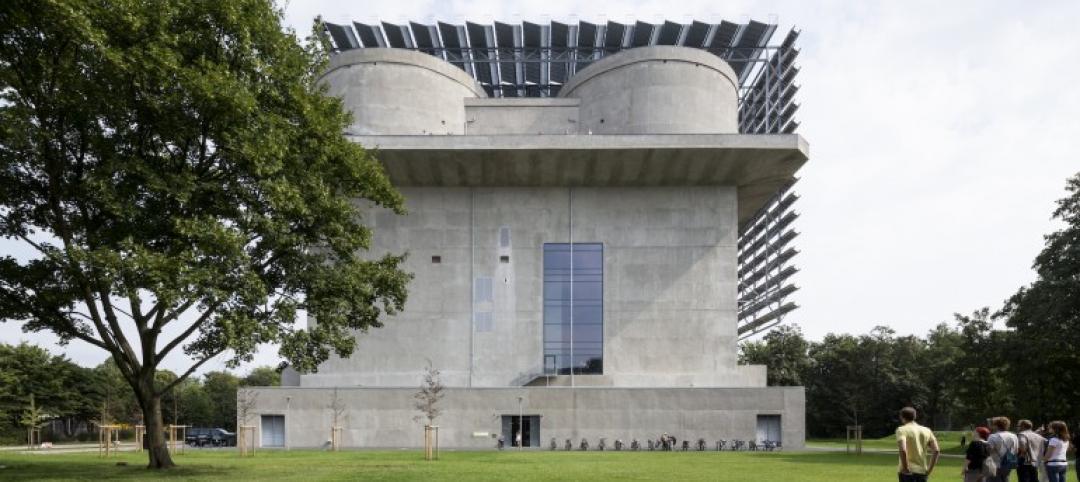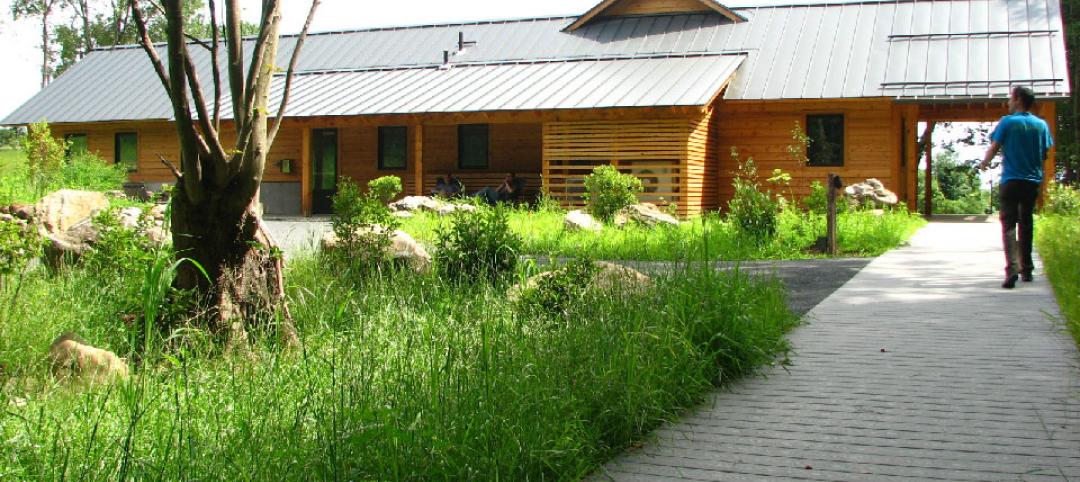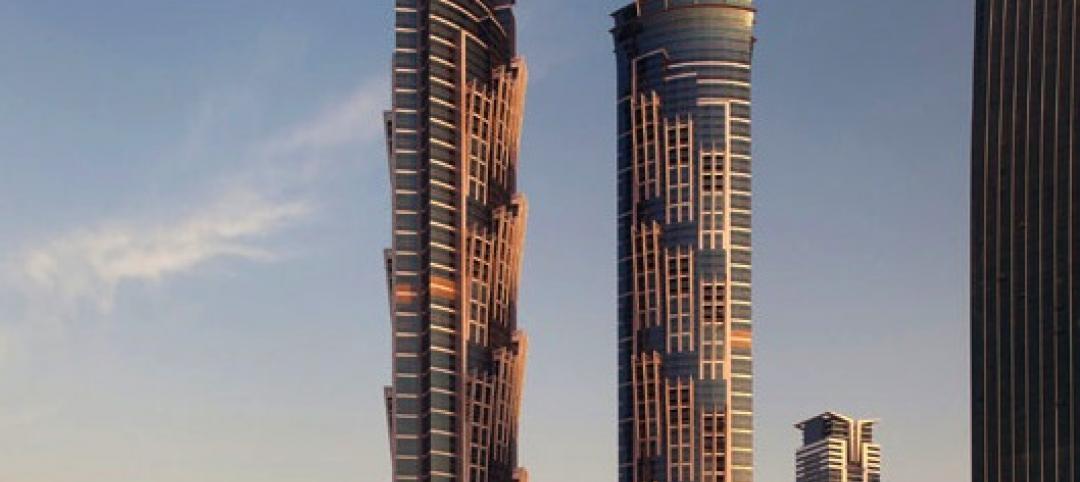Located in the heart of University of Ottawa, the 15-story Vanier Hall functions as the new home of the large Faculty of Social Science and ‘stands tall’ as a living example of sustainable design boasting the intangibles of a rich and inspiring learning atmosphere, plus the measurable returns of energy saving technology.
From an exterior view, the green plant wall provides a striking contrast to the glass and steel structure. Once inside, visitors can fully appreciate a spectacular six-story-high feature – the largest living wall biofilter in North America at 1,370 square feet. In addition to the aesthetic impact, the biofilter is also part of the building’s sustainable design efforts.
Improves Air Quality and Building Performance
In simple terms, a Nedlaw Living Wall Biofilter is a working machine that harnesses nature’s remarkable ability to ‘eat’ pollutants. Contaminated indoor air is drawn through the biofilter where microorganisms on the root media consume airborne pollutants as food. This removal process cleans 80 – 85% of volatile organic compounds (VOCs) from the air, creating virtual outside air. The cleansed air is then re-circulated through the buidling’s HVAC system.
The ‘soft’ benefits of the living wall include dust control, sound abatement, white noise in the form of running water, and a noticeable ‘smell’ of fresh air.
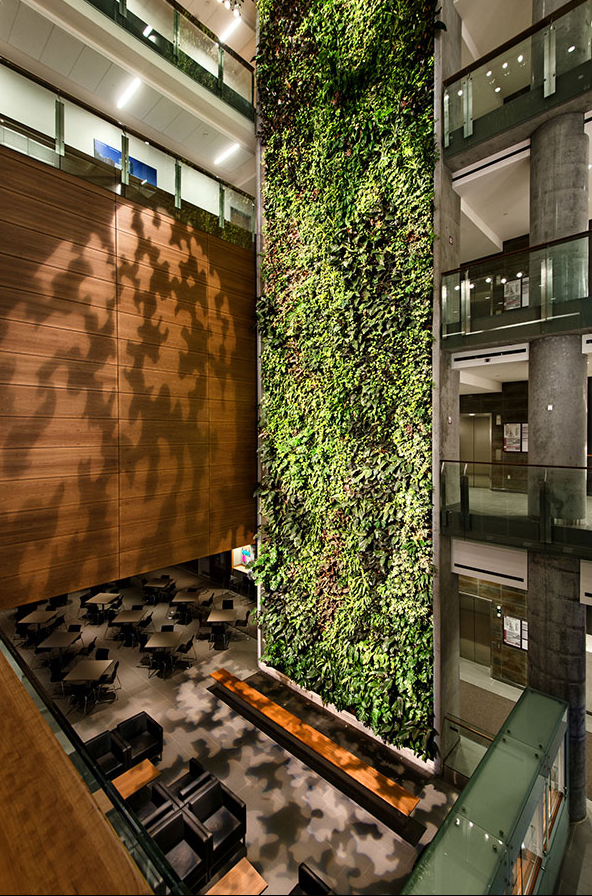
In terms of improving building performance, the biofilter at Vanier Hall can provide 75 – 80% of the building’s fresh air intake requirement, which not only enhances air quality but also significantly improves energy performance by reducing the amount of air intake and, consequently, heating and cooling costs. Additionally, the wall provides all of the building’s humidity and no mechanical humidification is needed.
The living wall biofilter at Vanier Hall includes energy smart features designed to address certain energy lapses in traditional building systems. For example, water recycled from storm water runoff and HVAC condensation is used for the hydroponic plant wall. According to Dr. Alan Darlington (founder of Nedlaw Living Walls), “We’ve done a lot of work to streamline and make this as efficient as possible without losing the aesthetics of this system.”
Calculating the ROI of Living Wall Biofilters
In recent years, Nedlaw has completed numerous studies to show the effectiveness of contaminant removal from indoor air and has now quantified the return on investment based on energy savings. By replacing outdoor air that needs to be conditioned, a Nedlaw Living Wall Biofilter reduces a building’s energy needs. In general terms, a fully-integrated biofilter can reduce energy costs by up to 30%, because the biofilters provide clean air at a fraction of the cost of traditional systems.
In a recent study completed for a major international retail chain, it was determined that the proposed living wall biofilter could provide 100 litres per second of outside air – meaning the building needed to take in that much less outside air.
Using the biofilter as a source of clean air would reduce the energy consumption of the HVAC system by 32.5 GJ of energy for square metre of biofilter used. If properly integrated into the building (for example, naturally lit and connected directly to the HVAC), the biofilter would require as little as 0.4 GJ of energy per square metre per year. This gives a total annual energy savings of the system of 32.1 GJ. This is equivalent to roughly 5 barrels of oil or 1.6 tonnes of CO2 saved per square metre of biofilter.
For this study, it was determined that approximately 400 m2 of biofilter would be used. Assuming a combined energy cost for electricity and natural gas of $10 USD per GJ and if the biofilter is used to its maximum potential then the payback period for the capital cost associated with the biofilter could be less than 3 - 5 years.
PROJECT DETAILS
Location: University of Ottawa, Vanier Hall
Architect: Diamond Schmitt Architects, KWC Architects
Award of Excellence / Interior Green Wall - Green Roofs for Healthy Cities
LEED Gold Certified
MEDIA COVERAGE
University of Ottawa Tower Wins 3 Awards
ABOUT NEDLAW LIVING WALL BIOFILTERS
Related Stories
| Mar 7, 2014
Thom Mayne's high-tech Emerson College LA campus opens in Hollywood [slideshow]
The $85 million, 10-story vertical campus takes the shape of a massive, shimmering aircraft hangar, housing a sculptural, glass-and-aluminum base building.
| Feb 27, 2014
Target converts former prison dump into latest big-box store
Target's new San Rafael, Calif., location was built on the site of the former San Quentin prison dump.
| Feb 20, 2014
5 myths about cross laminated timber
A CLT expert clears up several common misconceptions and myths surrounding the use of wood as a building material.
| Feb 17, 2014
GBI to Offer AIA Approved Course Free for 60 Days to Train New Green Globes Professionals
The Green Building Initiative™ (GBI) announced today that between Feb. 13 and April 15 it will provide free access to its online certification course for Green Globes Professionals™ (GGPs). GGPs help guide building projects in achieving Green Globes® ratings, awarded for environmentally-focused design and construction.
| Feb 14, 2014
Must see: Developer stacks shipping containers atop grain silos to create student housing tower
Mill Junction will house up to 370 students and is supported by 50-year-old grain silos.
| Feb 13, 2014
Extreme Conversion: Nazi bunker transformed into green power plant, war memorial
The bunker, which sat empty for over 60 years after WWII, now uses sustainable technology and will provide power to about 4,000 homes.
| Feb 4, 2014
World's fifth 'living building' certified at Smith College [slideshow]
The Bechtel Environmental Classroom utilizes solar power, composting toilets, and an energy recovery system, among other sustainable strategies, to meet the rigorous performance requirements of the Living Building Challenge.
| Jan 30, 2014
Mayors of 10 metros unite to cut building-related climate pollution
Organizers say combined initiative could cut as much climate-change pollution as generated by 1 million cars every year, and lower energy bills by nearly $1 billion annually.
| Jan 23, 2014
Adrian Smith + Gordon Gill-designed Federation of Korean Industries tower opens in Seoul [slideshow]
The 50-story tower features a unique, angled building-integrated photovoltaic (BIPV) exterior designed to maximize the amount of energy collected.
| Jan 21, 2014
2013: The year of the super-tall skyscraper
Last year was the second-busiest ever in terms of 200-meter-plus building completions, with 73 towers, according to a report by the Council on Tall Buildings and Urban Habitat.


